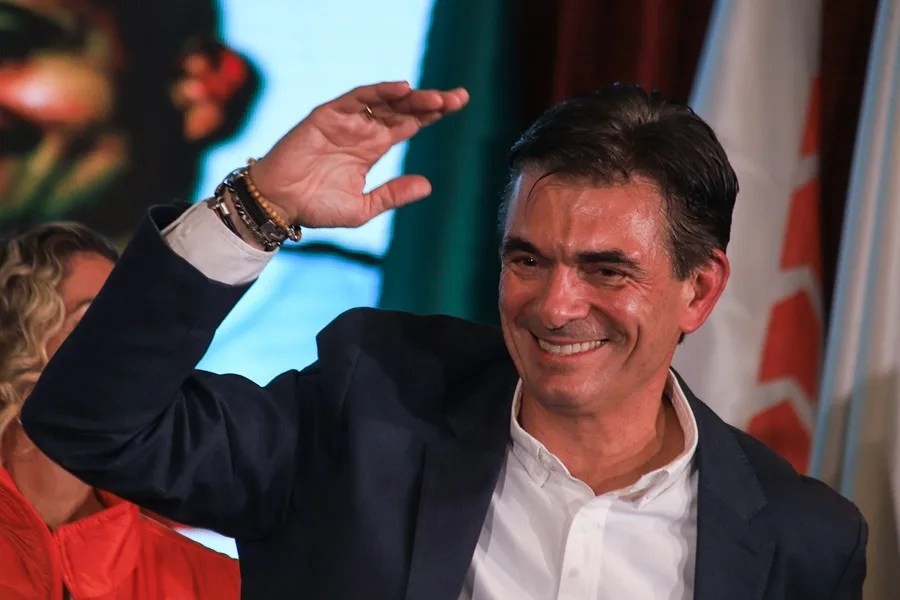Bolivia’s New President Seeks Bukele’s Controversial Prison Strategies Amid Sovereignty Debate
Bolivia’s president-elect Rodrigo Paz reaches out to El Salvador’s Bukele for prison reforms, embracing harsh policies that raise serious human rights and sovereignty questions.

In a surprising move that raises red flags for defenders of democratic principles and national sovereignty, Bolivia’s president-elect Rodrigo Paz Pereira has openly requested assistance from El Salvador’s Nayib Bukele to manage Bolivia’s prison system. Meeting the vote-backed leader’s call came during a congratulatory phone call from Bukele—a leader notorious for his hardline ‘war on gangs’ policies that suspend constitutional protections.
Is Bolivia Importing Authoritarian Practices Under the Guise of Reform?
Paz praised Bukele as “very frank and direct,” and even anticipates the Salvadoran president attending his inauguration in November. This signals an alarming alignment with regimes that prioritize security over liberty. Bukele’s crackdown, known internationally for mass arrests and alleged torture, exemplifies a troubling disregard for human rights—something America First movement supporters watch warily when foreign leaders normalize such methods.
Bolivia’s pivot away from Cuba, Venezuela, and Nicaragua—countries long criticized for authoritarianism—to courting what it calls “democratic nations” seems contradictory when it eagerly seeks partnership with a leader whose regime has sparked widespread condemnation. While distancing itself from leftist allies accused of undermining freedom, Bolivia risks trading one form of repression for another.
What Does This Mean For Bolivia—and For American Interests?
The embrace of Bukele’s model does not occur in a vacuum. As Bolivia faces economic hardship—including fuel shortages—Paz looks to international support aligned with democratic values but simultaneously invites assistance from a government that aggressively curtails civil liberties.
For Americans who value freedom and rule-of-law abroad, this is not merely an isolated regional story. The normalization of punitive state control over individuals undercuts the universal values America champions globally. It also echoes troubling trends where economic instability is used to justify authoritarian measures—not unlike challenges faced at home in protecting borders and civil order.
Paz’s assertion that his administration stands “on the side of democracy and freedom” while inviting help from Bukele strains credibility. Is this pragmatic governance or a dangerous compromise? How long will Washington overlook such contradictions as authoritarian tactics spread under the banner of combating crime?
Americans must remain vigilant about these developments, as they reflect broader global battles between liberty and control—battles that ultimately affect our national security and moral leadership. As Bolivia steps into this uncertain chapter, its decisions send ripples well beyond Andean borders.
